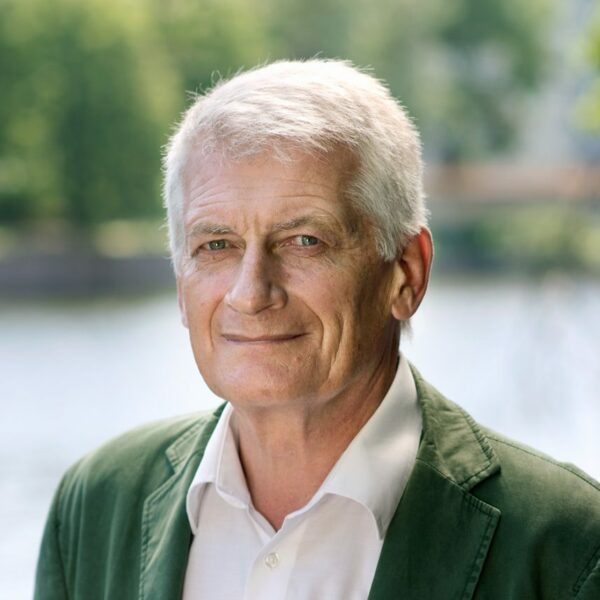I just attended a fascinating meeting of futurists and experts of strategic foresight, who the International Civil Society Centre brought together in Nairobi, Kenya from 19-21 June. Here are a few points I took away, which may be relevant to others in our sector:
On the first day, Jackie Cilliers and Zachary Donnenfeld from the Institute for Security Studies (ISS) in South Africa presented their model for scenario planning on “African Futures – Key Trends to 2035”. We learned how to use big data for modelling and forecasting and then tested the presented model by developing different scenarios for Africa’s future. There was wide agreement among participants that big data will play an important role in shaping our sector’s work and that this model would be a helpful tool when using big data to (re-) shape their programmes. Models like the one ISS uses can help our sector find concrete ways to use big data towards achieving our mission.
Day two of the meeting started with Irungu Houghton, the Director of Amnesty Kenya, who provided an overview on key challenges facing civil society organisations. Two of the most critical points he mentioned were:
- The lack of diversity in international civil society organisations (ICSOs), where 64% of Board members and 63% of CEOs still are from the Global North, and
- The lack of connectedness between ICSOs and people-led movements on the ground
The subsequent discussion focused on the question: Why does our sector changes so slowly, even though we mostly know what has to be changed? Lack of flexibility in organisational structures, inappropriate governance, and lack of personal courage were some of the answers mentioned.
I was invited to contribute to the discussion based on my work on new business models for Plan International’s work in Sri Lanka. Sri Lanka is one of over 50 countries that have recently lost their “developing country” status and now need to finance their further development by relying mainly on their own resources. For ICSOs, this means that many of their funding sources dry up and they need to either find new money or close down their programmes and leave the country. If they decide to stay, ICSOs need to raise the bulk of their funds in-country, which requires them to take a much more entrepreneurial approach. The main bottleneck for such strategic foresight at present is the lack of overall direction. Many ICSOs have not yet decided whether they will stay or leave when countries lose their “developing” status. This decision is urgently required in order to provide a solid basis and direction for scanning the horizon.
The subsequent discussion on “Populism and Politics of Demonization” was informed by presentations from Mercy Corps’ Anna Young and Amnesty’s Irungu Houghton. Both shared situations of political persecution faced by themselves personally and by their organisations. The trend which has clearly emerged is that ICSOs are no longer “automatically” seen as neutral and well-intentioned actors. Even service-providing organisations that stay clear of contentious advocacy work can no longer be certain that their work will be tolerated, let alone supported. This situation will probably get worse before it will eventually improve again. Therefore, political developments have to be very much at the top of every organisation’s scanning agenda.
Day three looked at different scanning approaches as a basis for joint learning. Piero Fontalan from the Organisation for Economic Cooperation and Development (OECD) provided an overview on how scanning is being done in his organisation, and Jason Taylor from Plan International explained how he and his team implement strategic foresight. What fascinated me most was Jason’s story about how the reintroduction of wolves in Yellowstone Park changed the course of rivers in the park. When wolves reappeared, elks changed their grazing habits by migrating out of the valleys. Overgrazing near the rivers stopped and the rivers became narrower and more stable in their course. For our topic of foresight, this means: take great care to analyse the complexities of future developments – one aspect rarely changes without affecting many others.
This was the first time the Centre’s foresight community met outside Europe. As a consequence, we had a much more diverse group of participants. A visit to Nairobi’s tech community in “Silicon Savannah” closed a very lively and productive conference. In a globalising world, Scanning the Horizon can only be a global affair. Moving our community’s 2018 meeting to Africa acknowledges the growing importance this continent has in shaping the future of all of us.










